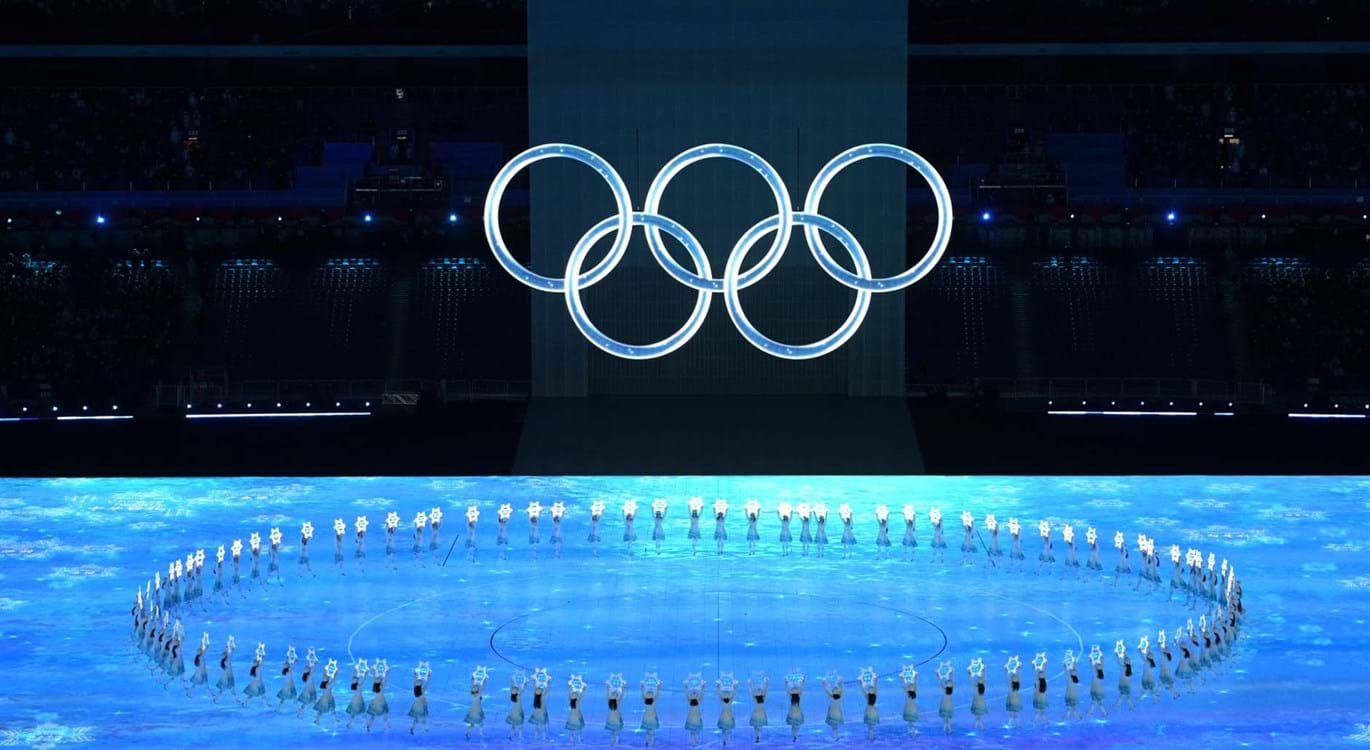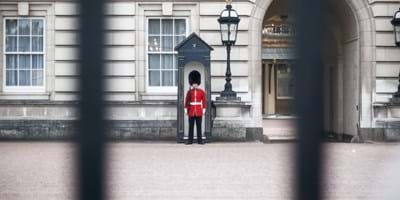Apparently, it was one of our worst performances in decades. Many athletes will have returned home brooding on what might have been; what if they had pushed themselves harder, given more of their time to their chosen sport or made different choices regarding their preparation – would they have been victorious? I’m sure they could all trot out the line that “it was good experience” but that is no substitute for their ultimate aim: going for gold.
The Christian life is often compared to the Olympics in the Bible:
“Do you not know that in a race all the runners run, but only one gets the prize? Run in such a way as to get the prize. Everyone who competes in the games goes into strict training. They do it to get a crown that will not last, but we do it to get a crown that will last forever.” (1Corinthians 9:24,25 NIV).
Christians should each have the same prize in our mind’s eye, a goal that unites us all, yet I wonder if we are really going for gold or settling for something rather less? I know in my own life, particularly over the past two years when life shrank to a repetitive routine of teach, shop, cook, clean, repeat, it was my own aspirations and dreams, and the lack of opportunity to achieve them, that swirled around my mind and often made me bitter and resentful. The path not followed, the chance not grasped, the opportunity wasted – my own personal “gold”. My preoccupation with these frustrations was brought home to me in one of my daily readings:
“if you lay gold in the dust, and gold of Ophir in the stones of the torrent-bed, then the Almighty will be your gold” (Job 22:24,25 ESV).
‘IF you lay’ – it seems we have a choice, then. We can keep on pursuing our dreams (and the world is full of Instagram posts urging us to do so) or, at the very least, like myself and most of Team GB back at the Olympics, cling on to the hope of pursuing them in the distant future; or we can lay them down, not to pick back up and occasionally toy with, but really lay them down – in the dust, in the river bed where they may well lie buried or be washed away. If, like me, you find it hard to understand or accept what that truly means, God has graciously given us an example in Scripture.
Think of the people of Israel as they left Egypt, driven out in the dead of night, yes, but laden with jewels, silver and gold that God had allowed them to plunder from their cruel taskmasters. What a thrill it must have been for many Hebrew women, lowly slaves treated roughly for so long, to see their mistresses’ prize possessions glistening on their arms and necks. Yet, not too long into their wilderness journey and God reveals a plan to Moses that is going to require cloth, wood, metals and gold. Imagine being one of those women now, called to give up what was possibly the most valuable thing she owned, or had perhaps cheered her most as she tramped through the desert each day. And for what? Some tent God had shown to Moses? Surely nobody would notice if she kept just one or two treasures to herself, just in case she might one day use them, just as a little inspiration in that seemingly mundane wilderness life?
All those women had a choice and maybe some of them did hold back, but many more gave up their gold and waited to see what would happen. A few chapters later we see it melted down and used to fashion the tabernacle. So, was the tabernacle the true gold? I can often think, by giving over my time and talents for God to build His church (something I am called to do elsewhere in the Bible, for example, Ephesians 4:11-14), I’ve successfully laid down my gold for the real deal – but sometimes I’ve just swapped one ambition for another, albeit better, one (and usually I’m kidding myself and still cherishing the earthly goals too!). It’s only in Exodus chapter 40 that we finally see what giving up their gold really meant. God’s glory came down and filled that tabernacle and remained there as a cloud by day and fire by night so all of Israel could see, and know their God was in their midst, dwelling among them, revealing His glory to them each day.
That’s our gold – God and His glorious presence. The verses in Job don’t promise, “lay down your gold and I’ll use it or reward you with spiritual success instead”; He may or may not and we have to accept that. Instead, He promises us so much more: Himself. HE is our gold. The best training we can embark on is not to brood over that career move we didn’t make or the travelling we never got round to but to dwell on Him. To read His Word, talk to Him in prayer and let His person and presence fill our lives. And maybe these past two years He has stripped away all our usual occupations and opportunities in the hope that we’d do just that. That we’d spend time with Him, knowing Him, the one true God; that “is eternal life” (John 17:3), that is our gold, that is the crown that lasts forever.
And if, like me, you didn’t use those two years well, then there’s still time now – but it will require sacrifice and dying to self. As Elisabeth Elliot once put it, “I am mine own, Lord here I hold within this trembling hand of mine my will, a thing which seems small, but you oh Christ can understand that when I yield You this, I yield my all.”
Whatever gold I’m clinging to, whatever feeble dreams I’m secretly cherishing on this wilderness way, lay it down. Lay down of all my aspirations, plans and ambitions, whether spiritual or otherwise, and let HIM be my gold.
“Be Thou my Vision, O Lord of my heart;
Naught be all else to me, save that Thou art;
Thou my best Thought, by day or by night,
Waking or sleeping, Thy presence my light.
Riches I heed not, nor man’s empty praise,
Thou mine Inheritance, now and always.
Thou and Thou only, first in my heart;
High King of Heaven, my Treasure Thou art.”
J. E. Bode
































